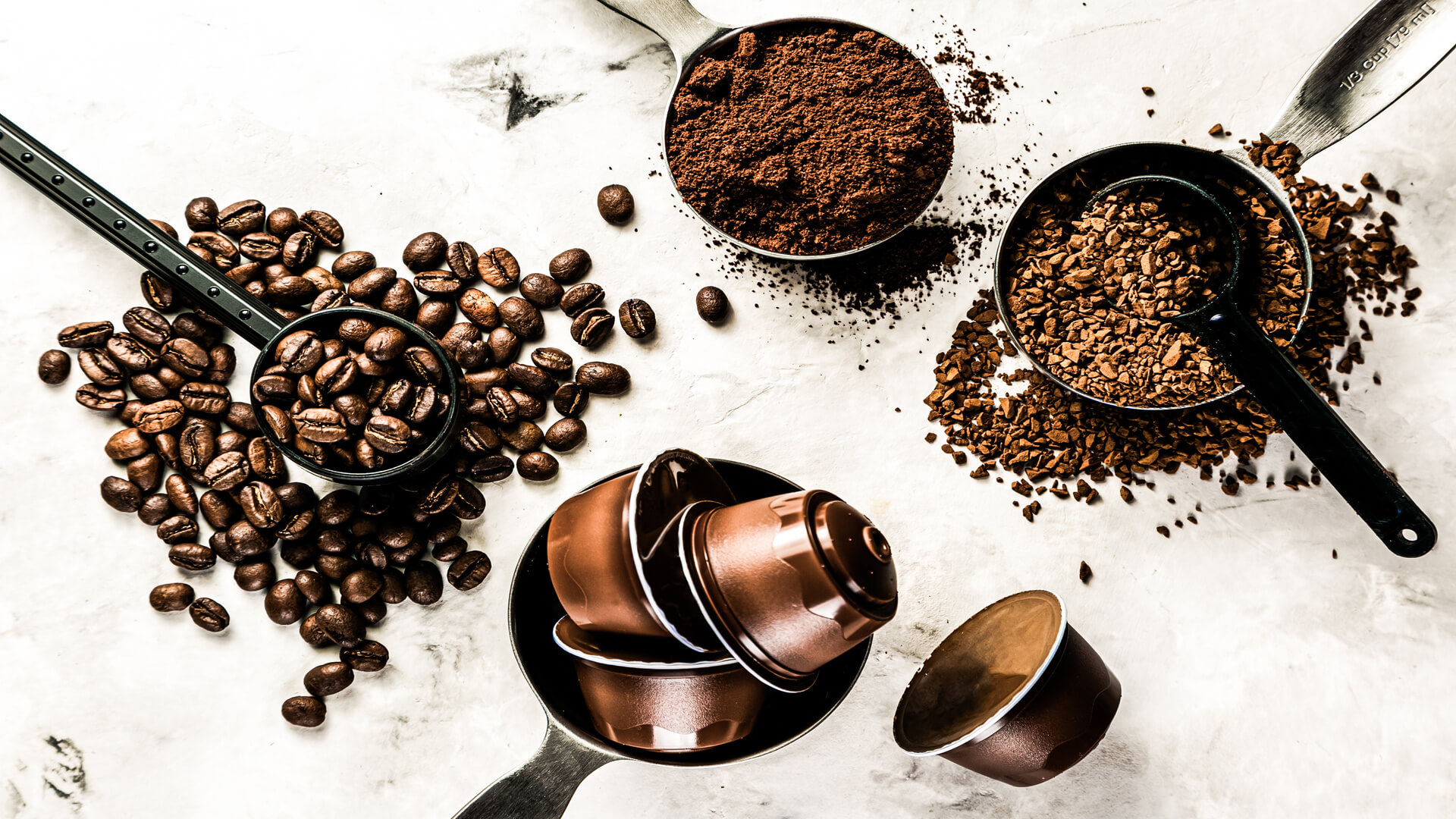From tea to coffee to cola, virtually everyone has their preferred caffeinated beverage. Chances are you had a cup of coffee in the last 12 hours. Indeed, caffeine is the most widely used psychoactive substance on the planet.
While mostly harmless, too much caffeine can be bad for your health. Furthermore, many caffeinated beverages contain other ingredients that are even worse. With this in mind, let’s take a look at healthier ways to consume caffeine:
Brew better-tasting coffee
When our coffee tastes bitter or weak, we tend to mask the lousy flavor with other ingredients. Unfortunately, sugar is the go-to additive. With sugar consumption at an all-time high, people need to limit their sugar intake as much as possible. For coffee drinkers, that starts with brewing better coffee. Learn how to use a Chemex or French press instead of a standard drip coffeemaker. Find better quality beans and keep whichever brewing system you use as clean as possible. When your coffee tastes better, you’ll need less sugar to make it drinkable, improving your health in the process.
Drink sugar-free energy drinks
Many people with an aversion to coffee and tea will get their caffeine from carbonated beverages and energy drinks. Once again, the primary health hazard isn’t the caffeine, but the exceptional amount of sugar in each serving. If you enjoy energy drinks or colas, consider switching to sugar-free alternatives. It may take some time to get used to the bolder flavor of diet sodas and sugarless energy drinks, but many include artificial sweeteners to match the original formula.
Establish an early cut-off time
Consuming caffeine too close to bedtime is a recipe for disaster. You’ll struggle to fall asleep, experience vivid dreams, and wake up several times a night to answer the call of nature. It’s best to limit consumption to the morning and early afternoon hours. At the very least, avoid caffeine four to six hours before bedtime. Failure leads to unhealthy sleep patterns, setting off a chain reaction that negatively impacts other aspects of health and wellness. Don’t risk it.
Monitor intake
Our bodies build up a tolerance to outside substances consumed with regularity. Examples include nicotine, alcohol, cannabis, and caffeine. The more caffeinated beverages you consume, the higher your tolerance will become. Over time, these exceptionally high levels of caffeine can damage your heart. With this in mind, it’s essential to monitor your caffeine consumption as much as possible. Consult with your doctor to determine the threshold at which it becomes a risk to your health.
Know when to stop
Failure to monitor your caffeine intake can lead to a variety of undesirable short-term health effects. These include heart palpitations, increased perspiration, heightened anxiety, nausea, and shaking of the hands. Cease consumption right away if you start to feel any of these symptoms. Drink water and lay down for 20 minutes or until the symptoms go away.
Prepare for withdrawal
It might sound silly, but caffeine withdrawal is real. It’s not as bad as other forms of drug withdrawal, but the symptoms include intense headaches and nausea. Fortunately, these symptoms only last a few days. The key is preparedness; putting a stop to your caffeine addiction is a worthy endeavor, but anticipating the side effects is essential if you want to quit for good. Otherwise, you’ll turn to coffee or cola as the “cure” to your withdrawal symptoms.
Is caffeine bad for you? Like all substances, “the dose is the poison.” Watch your consumption, avoid sugary soft drinks, and pay attention to your body for signs or symptoms of a problem. Do these things, and the benefits of caffeine are yours to utilize.

















